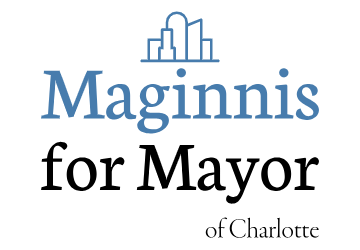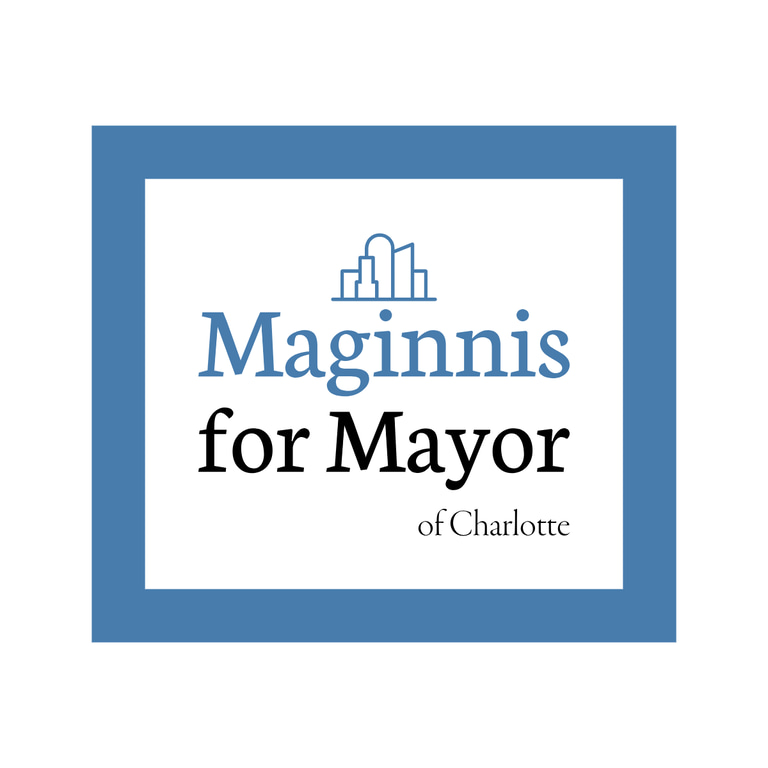Transparency Week Day 5: Scoring Transparency for Charlotte’s Leaders
Holding Charlotte's elected officials accountable through transparency and metrics for engagement
8/1/20252 min read


As Brendan K. Maginnis, Democratic candidate for Mayor of Charlotte, I’m dedicated to restoring trust for our 890,000 residents. On Day 5 of Transparency Week, I’m introducing the Charlotte Council Transparency Scorecard, inspired by Chicago’s success in holding aldermen accountable. With trust eroded by the $300,000 Johnny Jennings settlement and the $650M Bank of America Stadium renovation decision (Charlotte Observer, 2024), this scorecard will rate council members on openness, addressing scandals and criticisms from leaders like Victoria Watlington, who decried a “brazen disregard for the law” (WFAE, June 2025). Join us at #TransparencyWeek on @maginnisformayor (@maginnis4mayor on X) #TrustCharlotte #CharlotteMayor2025
Chicago’s City Council Transparency Scorecard, developed by civic groups, evaluates aldermen on metrics like attendance, voting records, and conflict disclosure, pressuring accountability amid a history of corruption. Since 1972, 38 Chicago aldermen have been convicted of crimes like bribery and extortion, including Ald. Ed Burke’s 2022 racketeering conviction for leveraging his Finance Committee role for private gain (Chicago Tribune, 2022). The scorecard, alongside 2019-2022 ethics reforms banning outside jobs and boosting fines, has strengthened oversight, with Chicago’s Inspector General office now among the nation’s strongest, boasting a $13M budget and 100 staff (Center for Effective Government, 2023). These measures have reduced corruption, though challenges persist, as seen in ongoing probes. https://effectivegov.uchicago.edu/news/power-begets-corruption-on-the-city-council
In Charlotte, the scorecard will partner with nonprofits like Sustain Charlotte to rate council members on responsiveness, campaign contribution disclosure, and open forum participation. Metrics will include voting on major decisions like the $650M stadium deal and attendance at “Council on the Road” meetings. Publicly posted annually on the Open Data Portal data.charlottenc.gov, it will address Tariq Bokhari’s critiques of opaque processes (WCNC, May 2025) and Braxton Winston’s call for transparency (Charlotte Observer, 2023). A $100,000 investment in 2026 (less than 0.01% of the $943.5M budget) will fund development, ensuring accessibility for all residents.
Unlike Chicago’s council, plagued by scandals like Ald. Patrick Huels’ $1.2M loan from a subsidized company (New York Times, 1997), Charlotte can prevent such issues with proactive accountability. The scorecard will deter secrecy, like the Jennings settlement, and ensure council members prioritize residents over special interests.
Visit www.maginnisformayor.org to suggest scorecard metrics and support our Transparency Pledge. What makes a leader transparent?
Share at #TransparencyMatters and help build a Charlotte where trust thrives.
Join us in creating a better Charlotte together.
Contact
Connect
info@maginnisformayor.org
704-576-2887
© 2025. All rights reserved.
Paid for by Maginnis for Mayor of Charlotte Committee


8240 Ballantyne Commons PKWY, PO 49503,
Charlotte, NC 28277
